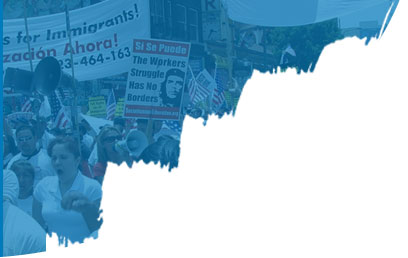
Mo Farah
Hardly a week goes by without some horrific trafficking stories flooding the news wires, however, there are few more shocking than that of Mo Farah. The thirty-nine-year-old, four-time Olympic gold medalist announced that he did not, as previously stated, emigrate to the UK with his parents but was in fact trafficked from his home country of Somalia and kept as a slave by a London family. For much of that time he was denied an education and instead spent his days cooking, cleaning, and babysitting other children. Along with his freedom, his captors robbed him of his given name, Hussein Abdi Kahin, to hide their crime. When he did go to school he often acted out, which caught the attention of teachers; they thankfully investigated further, eventually secured his freedom, and helped him apply for citizenship; a friend’s mother took him in and, according to Farah, provided him with a safe, happy home for several years. While they changed the trajectory of his life – and possibly saved it – it was Farah’s incredible strength of spirit that propelled him to success and is now serving as a beacon of hope for others.
His revelation is a stark reminder that trafficking often goes on right under our noses, and that countless victims remain silent for fear, not only of their reprisal from traffickers but prosecution or deportation by authorities. No such fate will befall Farah, as the British government has stated that they will not strip him of his citizenship; however, according to the organization Every Child Protected Against Trafficking, it might have been a very different story if he wasn’t a national treasure.
Farah’s story also highlights another statistic often forgotten by the mainstream media. Most of the coverage on trafficking focuses on the victimization of women and girls, leading to the assumption that it is a gender-specific crime. While females forced into prostitution do make up the majority of cases, thousands of men and boys are also trafficked each year, mostly for forced labor.
Those wanting to know more about Mo Farah can check out the recently released BBC documentary The Real Mo Farah. It chronicles his inspiring journey, including his numerous other awards and titles, as well as the reunion with his mother and other relatives back in Somalia. In 2017, Farah was knighted by Queen Elizabeth II for “service to athletes.”
